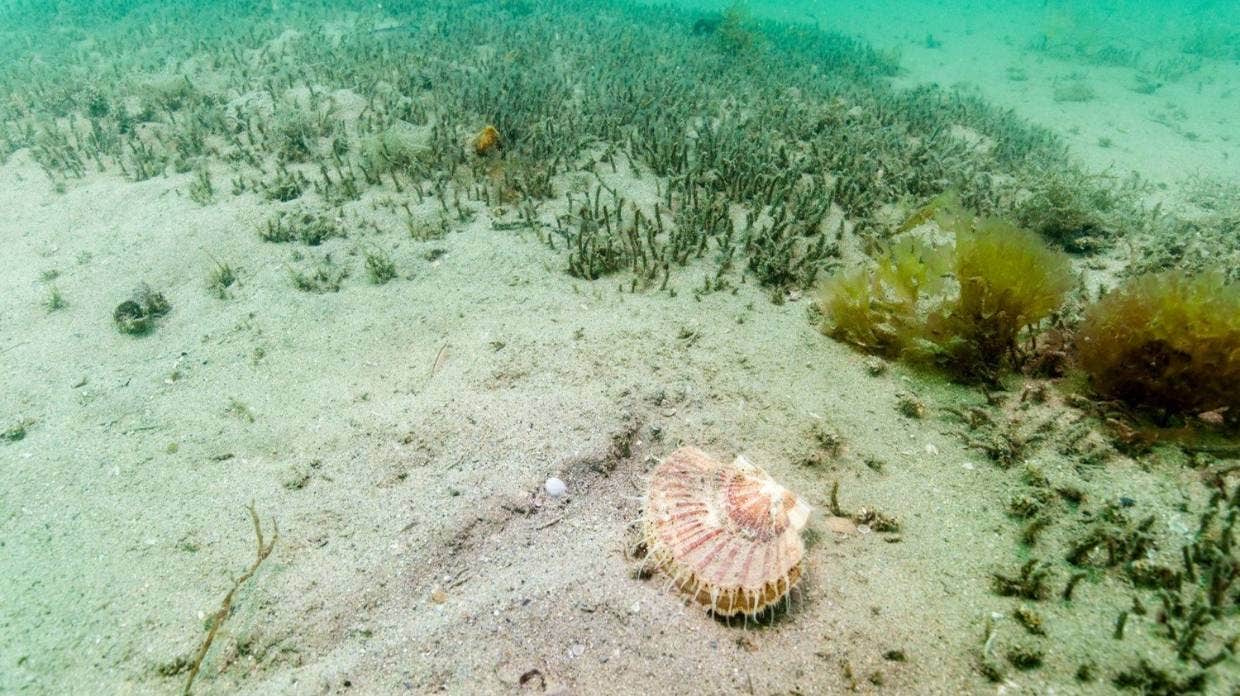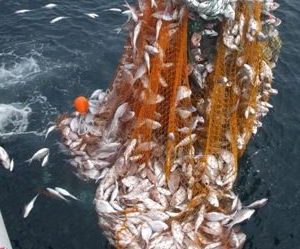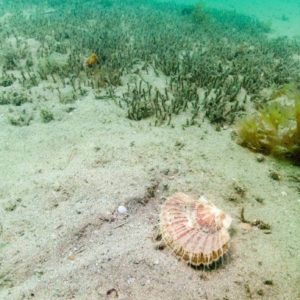The declining numbers of scallops, mussels, crayfish and paua has prompted Ngāti Pāoa to declare a rāhui banning all harvest of these species around Waiheke Island for two years and recreational fishers are supporting the initiative.
Representatives of the largest organisations of recreational fishing interests will attend the customary rāhui ceremony at 5.30am on Sunday at Oneroa Beach, Waiheke.
“Giving the fishery a rest around Waiheke Island is a good move because clearly there are species that are depleted and in need of a rebuild. The New Zealand Sport Fishing Council has been supportive of customary fisheries management measures in other areas around the country and we fully endorse the local Waiheke community working with iwi to take control of their fisheries”, says New Zealand Sport Fishing Council president Bob Gutsell.
LegaSea is concerned the depletion of these important shellfish species is symptomatic of the failure of fisheries management in the Hauraki Gulf and around the whole country.
“It’s a real worry when mana whenua and local communities have to intervene to prevent fisheries collapsing under the quota management system. We’re encouraging our supporters to get behind this initiative as it’s a real live example of ahu moana, an iwi-led approach to managing our coastal waters. This could be the start of something positive for the whole Hauraki Gulf”, says LegaSea spokesperson Trish Rea.
Waiheke is a popular destination for members of the Outboard Boating Club (OBC) of Auckland. Over the past decade club members have worked on a range of projects to protect and enhance fish stocks and the marine environment.
“Our members are excited to be supporting the rāhui because it’s been obvious for a long time that more effective action was required to protect these species that used to be prolific around the islands of the Gulf”, says OBC secretary Bill McGarry.
The New Zealand Underwater Association is also supporting the rāhui and will be working with the recreational fishing community to encourage compliance with the voluntary measure.
“Mismanagement of our scallops, mussels, crayfish and pāua is not unique to the Hauraki Gulf, it’s happening around the country. The Hauraki Gulf is unique in that there is specific legislation requiring the marine resources to be sustained and enhanced to meet the social, cultural, spiritual and recreational needs of the people. We are far from achieving those outcomes so it’s great that Ngāti Pāoa is showing the way”, says LegaSea spokesperson Trish Rea.





